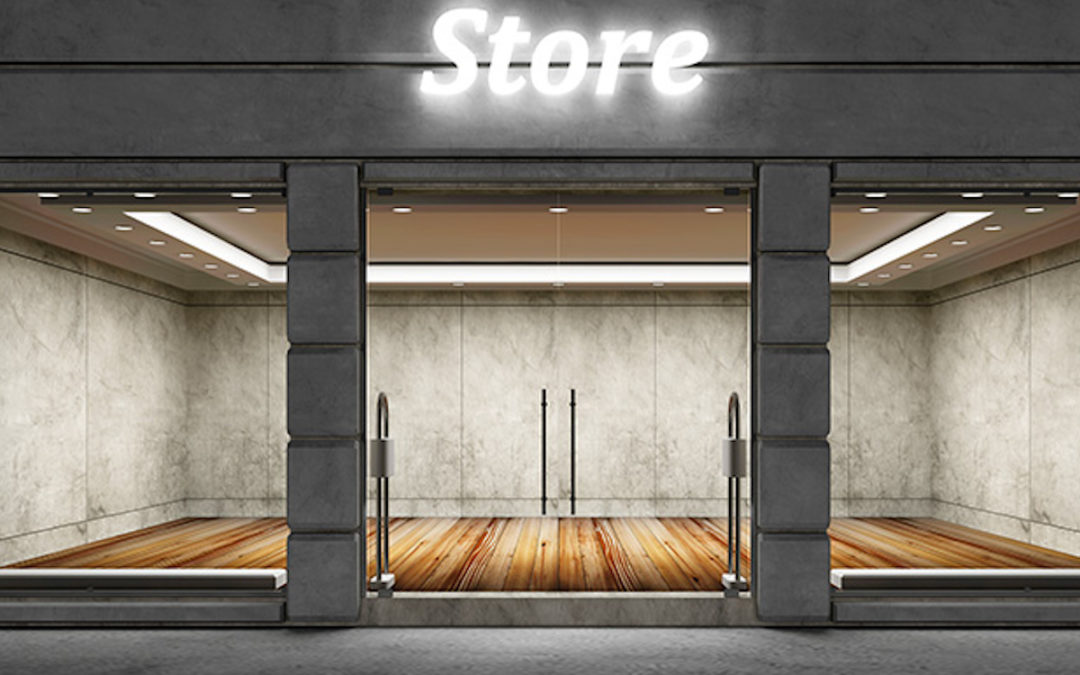Below are five things you should do before signing a business lease.
1. Factor in rent payments
As a tenant, you are required to pay an amount – often referred to as your rent – for occupying the premises. This amount is usually paid to your landlord or managing agent each month. Calculate how this will affect your business so that you will be able to operate effectively whilst paying the rental amount. Look out for clauses in your lease that set out the yearly increase in the amount of rent payable, as well as the utilities you are required to pay for.
2. Obtain council approval
It is important to check if you require council approval to operate your business before entering into a lease. All properties in Sydney are zoned by the local council. The type of activities and zones will vary from council to council, and determine what sort of activities the property can be used for. Examples include:
- Residential zones;
- Commercial zones;
- and Industrial zones.
If you are entering into a lease, you need to ensure that your business is allowed to operate at that location. If you operate without council approval the council can stop your business from trading and order you to close your business.
3. Organise security
When entering into a lease, the landlord will usually require you to provide security for the lease. The amount of security is usually the equivalent to four or more weeks’ rent.
Types of security you could provide include:
- Bank guarantees;
- Bank cheques;
- Deposit bonds; or
- A guarantee by a third party.
It is important to ensure that you seek legal advice on the type and amount of security you provide, as you will be required to forfeit this amount if you break the terms of the lease. Read our article about the Three Most Common Forms of Security for Leases for a detailed explanation of security options.
4. Note the condition of the property
Most leases have a ‘make good’ clause, which requires you to return the premises to their original condition when the lease ends. You therefore need to ensure that you keep evidence of the condition of the property when you entered into a lease. If this is not done, the landlord can use the security provided you provided to ‘make good’.
This is a common area of dispute between landlords and tenants. It is therefore important to know your make good obligations.
5. Seek a legal opinion on the terms of the lease
The lease is prepared by your landlord and will likely be drafted in their favour. It is therefore crucial that you seek a solicitor’s advice on the terms of the lease. They can also assist with negotiations. This can bring a balance of power to the relationship between you and your landlord, and will ensure that you know what you are signing.
Leases can have three or five year terms and are difficult to terminate before their expiry, so it is important to know your obligations and if there are any unfavourable terms.
Conclusion
These are some of the issues that may arise when signing a business lease. Therefore it is important to seek legal advice if you are considering entering into a business lease. Please get in touch to discuss your lease.

